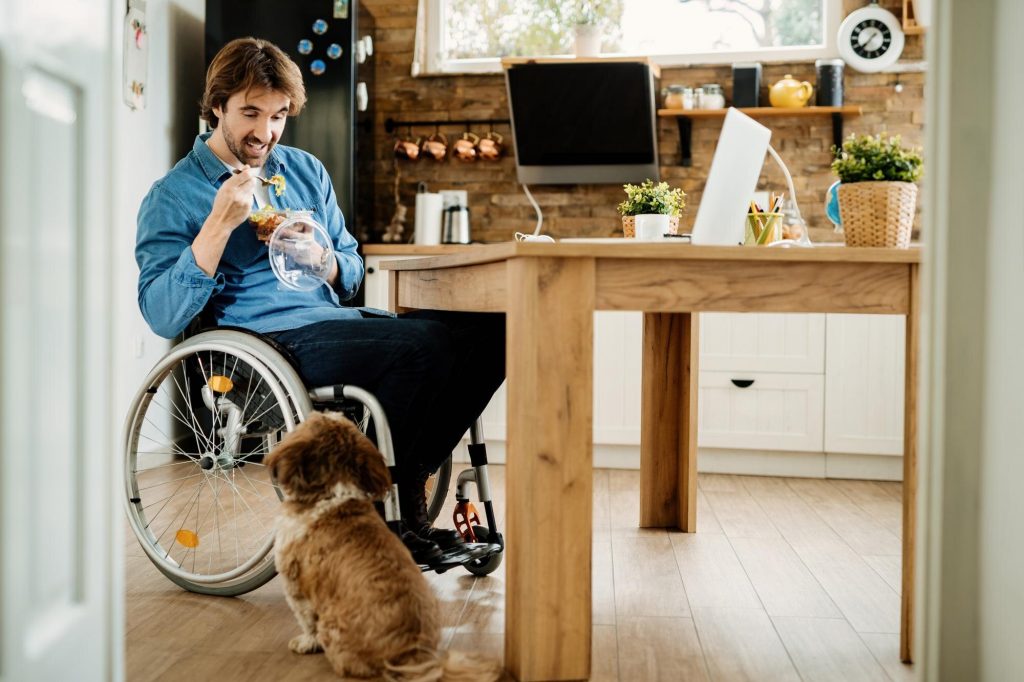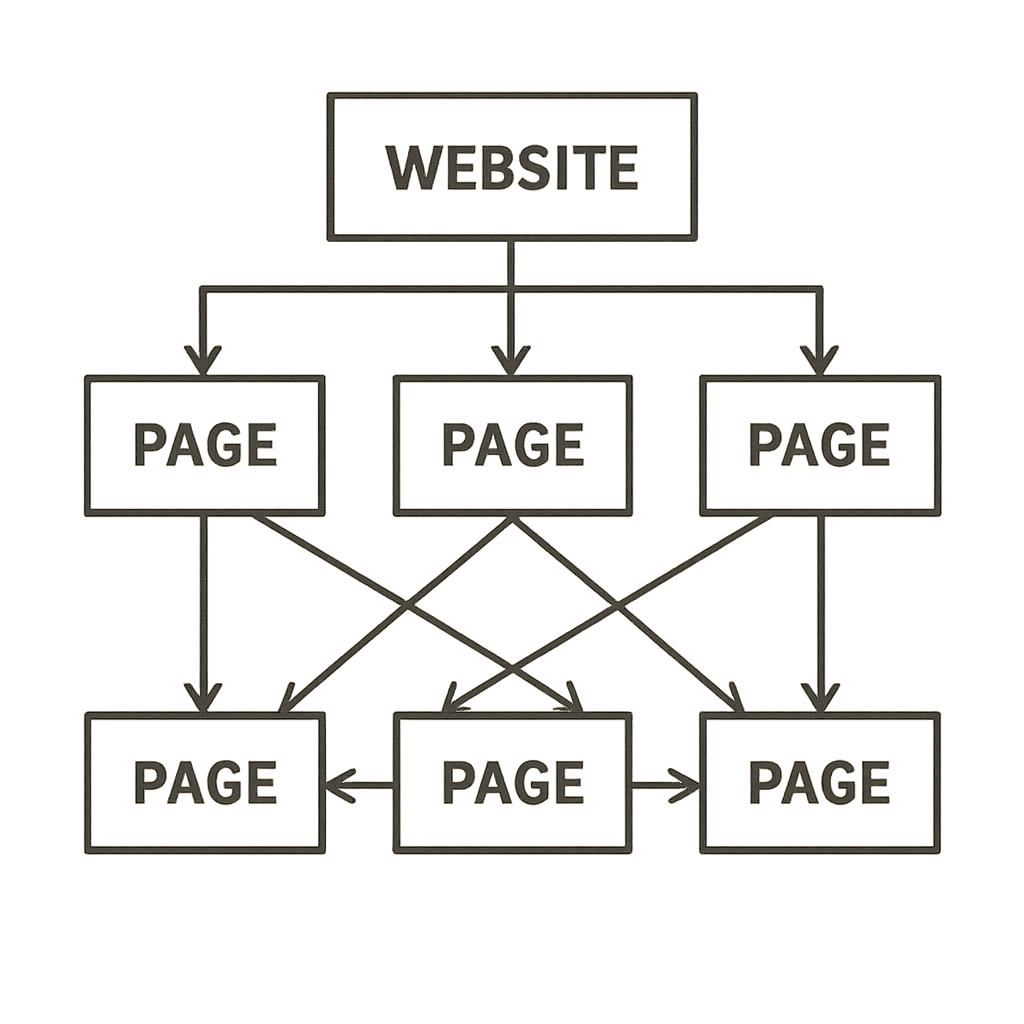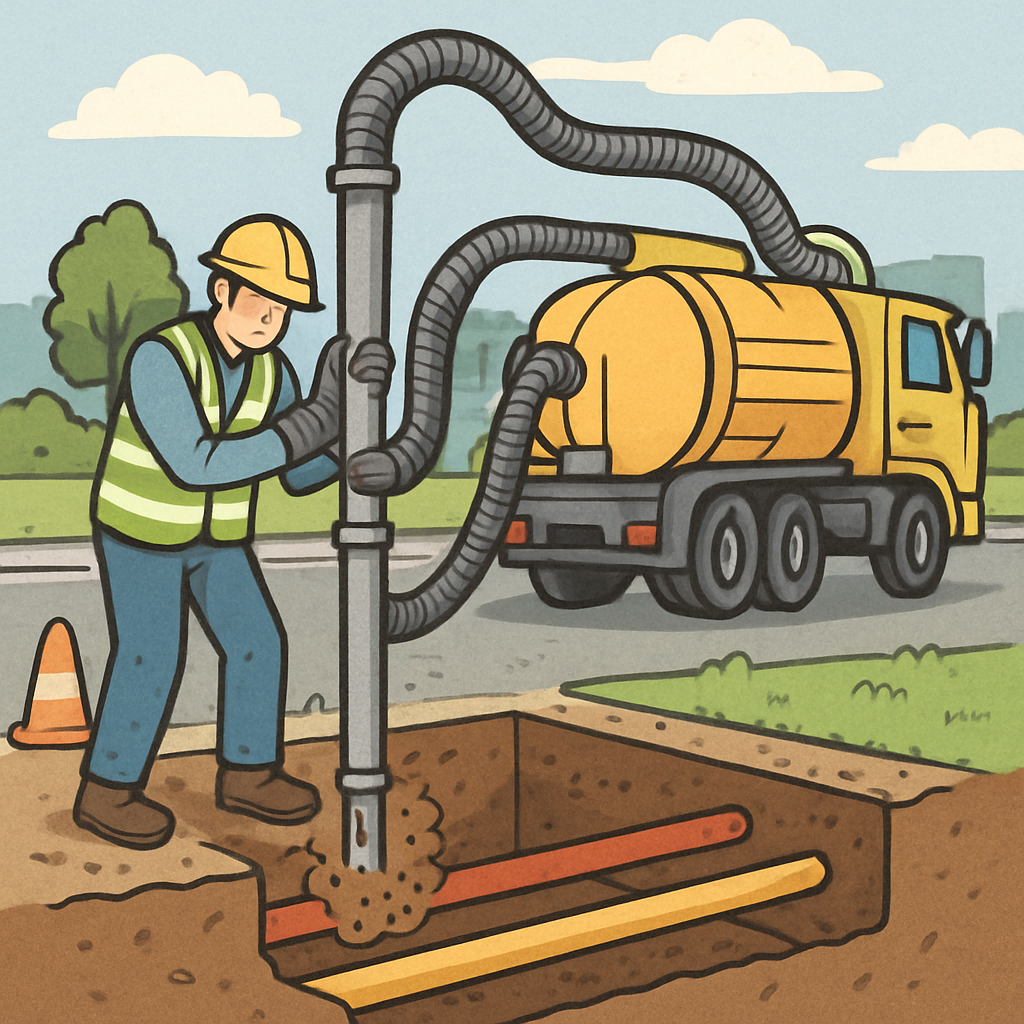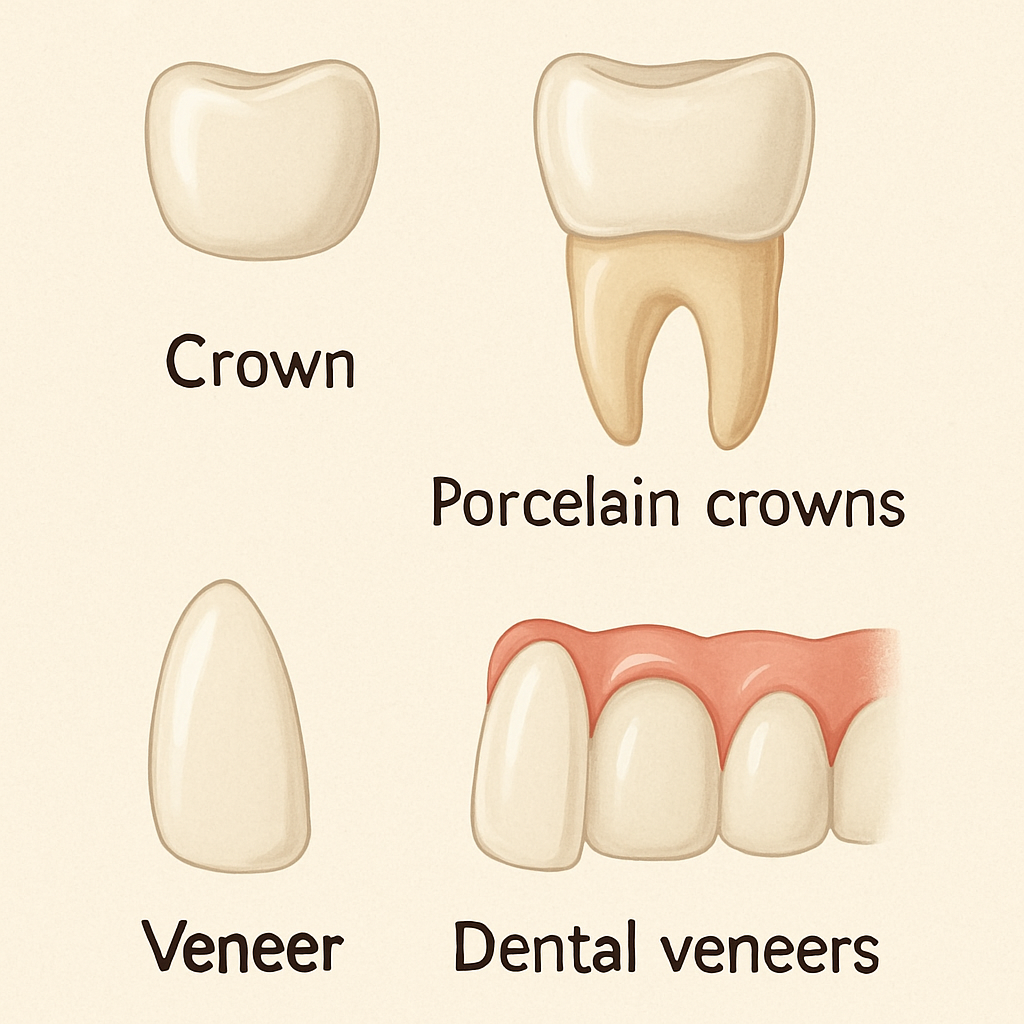Navigating the housing market can be challenging. This is especially true for individuals with disabilities.
In Queensland, a solution exists. It’s called SDA Housing.
SDA, or Supported Disability Accommodation, is a program under the National Disability Insurance Scheme (NDIS). It provides housing options for people with high support needs.
This guide aims to shed light on SDA Housing in Queensland. It covers everything from eligibility criteria to the application process, and from design categories to the role of SDA providers.

Whether you’re an individual with a disability, a family member, a caregiver, or a healthcare professional, this guide is for you.
Let’s delve into the world of SDA Housing in Queensland and explore the opportunities it presents.
What is SDA Housing in QLD?
SDA Housing in Queensland offers specialized accommodation for people with significant disabilities. It is part of the broader NDIS framework.
These accommodations are not just any housing. They are designed with specific needs in mind.
SDA Housing supports individuals who require high levels of support, promoting independence and quality living.
The key components of SDA Housing include:
- Custom Design: Tailored to meet specific disability needs.
- Quality Support: Staff trained to provide suitable care.
- Accessible Locations: Proximity to community amenities.
SDA Housing differs from traditional housing. It focuses on accessibility, safety, and support.
In Queensland, SDA Housing is available in various formats. From apartments to group homes, there’s an option for various needs and preferences.
This program aims to foster a supportive community. It’s designed to enhance daily living for individuals with significant support requirements.
Understanding the basics of SDA Housing can help individuals, and families make informed decisions. It’s about improving life quality and ensuring accessibility.
The Role of the NDIS in SDA Housing
The National Disability Insurance Scheme (NDIS) plays a crucial role in SDA Housing. It’s a government initiative aimed at supporting Australians with disabilities.
Through the NDIS, eligible participants receive funding for SDA Housing. This funding helps cover accommodation costs and tailored supports.
NDIS funding is not automatically granted. It requires meeting specific criteria. The scheme ensures that only those who need high-level support access this benefit.
SDA Housing under the NDIS offers more than just a place to live. It provides a tailored environment that enhances independence.
The scheme’s primary aim is to improve quality of life. By focusing on individual needs, the NDIS facilitates greater autonomy.
In Queensland, the collaboration between NDIS and SDA Housing is a significant step. It ensures that individuals have access to suitable living arrangements.
NDIS involvement underscores the importance of structured support. It’s about creating an inclusive society where everyone can thrive.
Who is Eligible for SDA Housing?
Eligibility for SDA Housing requires meeting specific criteria. The process starts with an assessment through the NDIS. Individuals must demonstrate high support needs.
These needs often relate to physical, intellectual, or cognitive disabilities. It’s essential for prospective residents to show how SDA Housing can improve their quality of life. This assessment ensures resources are directed to those who benefit most.
To qualify for SDA Housing, individuals must also fit into specific categories outlined by the NDIS. These categories include:
- High physical support needs
- Improved liveability requirements
- Complex behaviors necessitating a robust environment
- Necessities for fully accessible living spaces
The eligibility process considers personal and situational factors. This approach ensures fairness and accuracy in determining needs. Potential residents should prepare documentation that highlights their unique requirements.
While eligibility criteria may seem daunting, they exist to ensure that SDA Housing reaches its intended recipients. Each assessment aims to align housing with genuine needs, fostering an environment where individuals can flourish independently.
Types of SDA Housing Design Categories
SDA Housing in Queensland offers diverse design categories to address various disability support needs. These categories ensure that accommodations can be tailored to meet specific requirements, enhancing accessibility and comfort.
Four primary design categories define SDA Housing. Each is crafted to meet different levels of support. The variety helps cater to a wide range of disabilities, promoting independence and well-being.
The main design categories include:
- Improved Liveability: Suited for those with sensory or intellectual impairments. These homes incorporate enhanced features to aid daily living.
- Fully Accessible: Designed for complete wheelchair access, offering wide pathways and appropriate fixtures.
- Robust: Built to withstand heavy use, ensuring safety and security for residents with complex behaviors.
- High Physical Support: Provides extensive structural features to assist with very high physical support needs.
Each category features distinct modifications to suit individual requirements. For instance, improved liveability homes may have tactile indicators for vision impairment. Meanwhile, high physical support homes might offer ceiling hoists.
These categories demonstrate the commitment to personalizing SDA Housing. By matching the right environment with support needs, SDA Housing plays a crucial role in empowering individuals to lead fulfilling lives. Understanding these categories is key to making an informed choice for suitable housing options.
Applying for SDA Housing in Queensland
Applying for SDA Housing in Queensland involves a well-defined process that ensures eligible individuals can access the support they need. Understanding the steps can make the application journey smoother.
Firstly, applicants must be NDIS participants with SDA funding in their plan. This funding is specifically allocated to those whose disability support needs fit the criteria for SDA Housing. If you are not yet an NDIS participant, you will need to apply for NDIS support first.
The application requires gathering the necessary documentation. This includes medical reports and assessments that outline your specific needs and how SDA Housing can address them. These documents substantiate your eligibility, making your case stronger.
Once the documentation is prepared, you can begin the official application process. It’s crucial to work closely with your support coordinator to ensure all information is accurately presented. They can assist in liaising with SDA providers and guide you through completing the relevant forms.
After submitting your application, be prepared for possible follow-up questions. Responses can take time, but the ultimate goal is to match you with a suitable SDA property. Understanding this process is vital for accessing the services and accommodations that can greatly enhance your quality of life.
The Benefits of SDA Housing for Residents
SDA Housing offers numerous benefits that can significantly enhance the lives of residents with disabilities. It aims to provide an environment that fosters independence and personal growth.
A primary benefit is the tailored design of these accommodations. SDA properties are constructed to cater to various levels of physical support, ensuring that residents have the necessary infrastructure to live comfortably and independently.
Furthermore, the supportive community environment in SDA Housing promotes social inclusion. Residents can engage with peers and participate in activities, reducing feelings of isolation and enhancing emotional well-being.
Finally, SDA Housing empowers residents through choice and control. With access to suitable living arrangements, individuals have the flexibility to select accommodations that best meet their preferences and needs. This autonomy helps improve overall quality of life, affirming the importance of SDA Housing in Queensland.
SDA Providers and Tenant Matching in QLD
SDA providers play a vital role in delivering quality housing solutions for individuals with disabilities in Queensland. These providers manage and maintain housing properties, ensuring they meet the required standards.
Tenant matching is a crucial part of this process. It involves finding the right accommodation that aligns with an individual’s specific needs and preferences, fostering a harmonious living environment.
Providers often collaborate with healthcare professionals and support networks. This collaboration ensures that residents are not only matched with appropriate housing but are also supported in their daily lives.
The success of tenant matching hinges on the provider’s understanding of each resident’s unique needs. This personalized approach enhances the resident experience and ensures a smooth transition into their new home, allowing individuals to thrive in a supportive setting.
Funding and Costs Associated with SDA Housing
Funding for SDA Housing in Queensland is primarily managed through the National Disability Insurance Scheme (NDIS). This funding ensures that the housing needs of individuals with disabilities are adequately met.
Under this scheme, participants may receive funding based on their assessed support requirements. It’s vital to note that this funding is tailored to cover the additional costs of specialist housing, not the full rent.
The cost of SDA Housing can vary significantly. Factors influencing costs include the design category, location, and individual support needs. Prospective residents and their families should carefully assess their funding entitlements and accommodation options before making decisions.
The Future of SDA Housing in Queensland
The future of SDA Housing in Queensland looks promising with ongoing developments and investments. These efforts aim to expand options for individuals with disabilities.
Emerging trends focus on innovative designs and technologies that enhance accessibility and comfort. This progress ensures that future SDA Housing solutions continue to meet diverse needs.
Government initiatives and private sector investments play crucial roles in shaping this future. Collaborations across sectors aim to increase the availability of suitable housing.
Community integration and sustainability are also key priorities for the future. These elements help foster inclusive environments that improve the quality of life for residents.
The Impact of SDA Housing
SDA Housing has transformed lives by providing accessible and supportive environments. Many individuals with disabilities find new independence and opportunities.
One inspiring story involves a young woman who transitioned from institutional care. She now enjoys living in her own SDA apartment, gaining both autonomy and confidence.
Families also report significant improvements in their loved ones’ well-being. The tailored support offered by SDA Housing often reduces stress for both residents and caregivers.
These successes highlight the profound impact of SDA Housing on community integration. As more individuals thrive in these accommodations, the benefits extend beyond residents to society at large.








